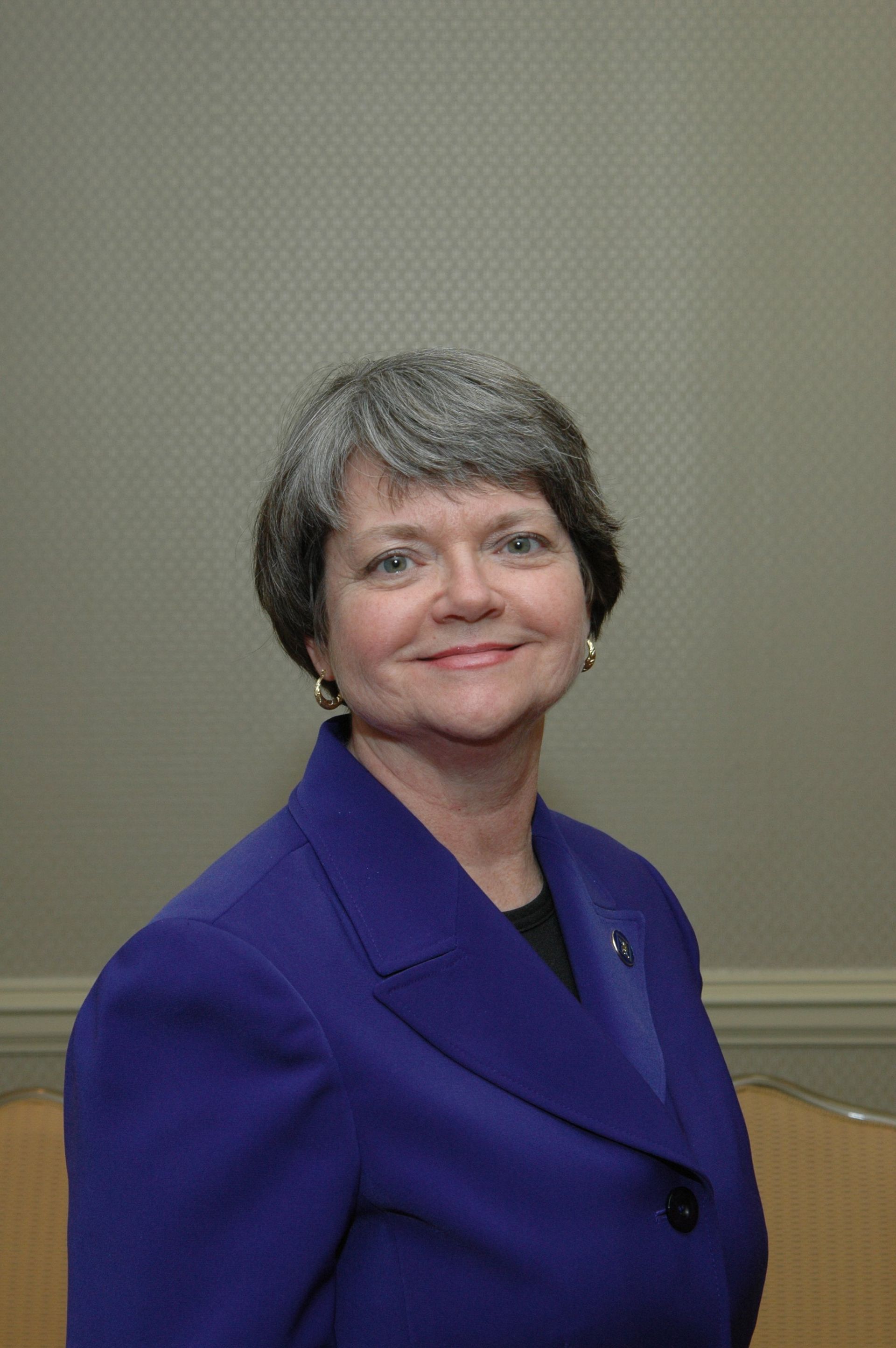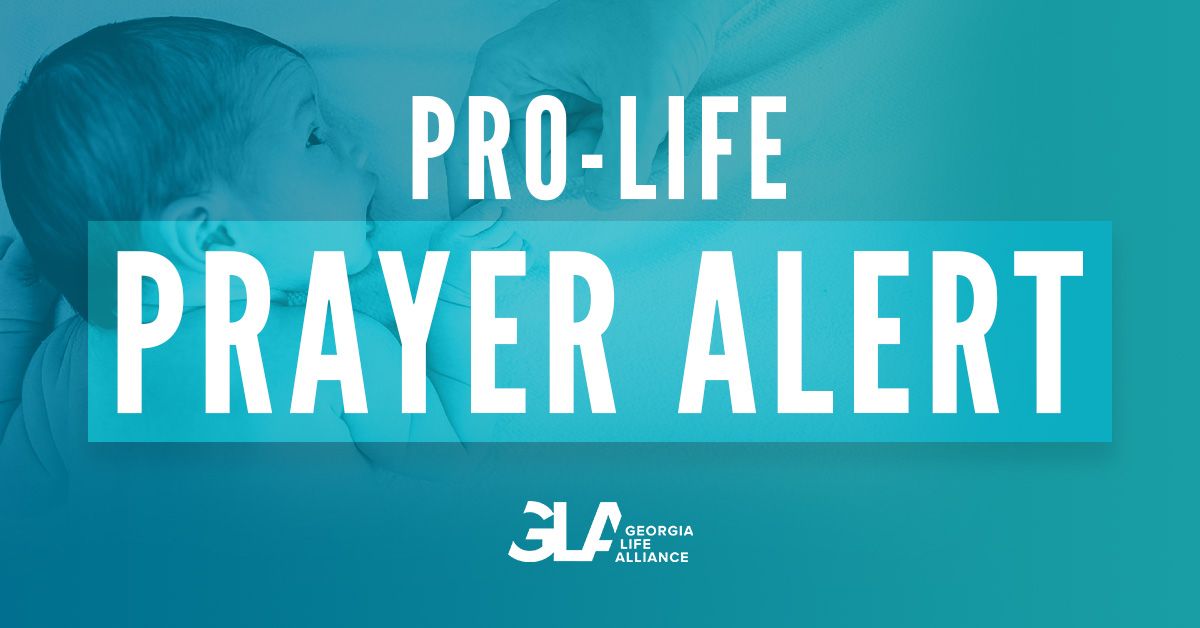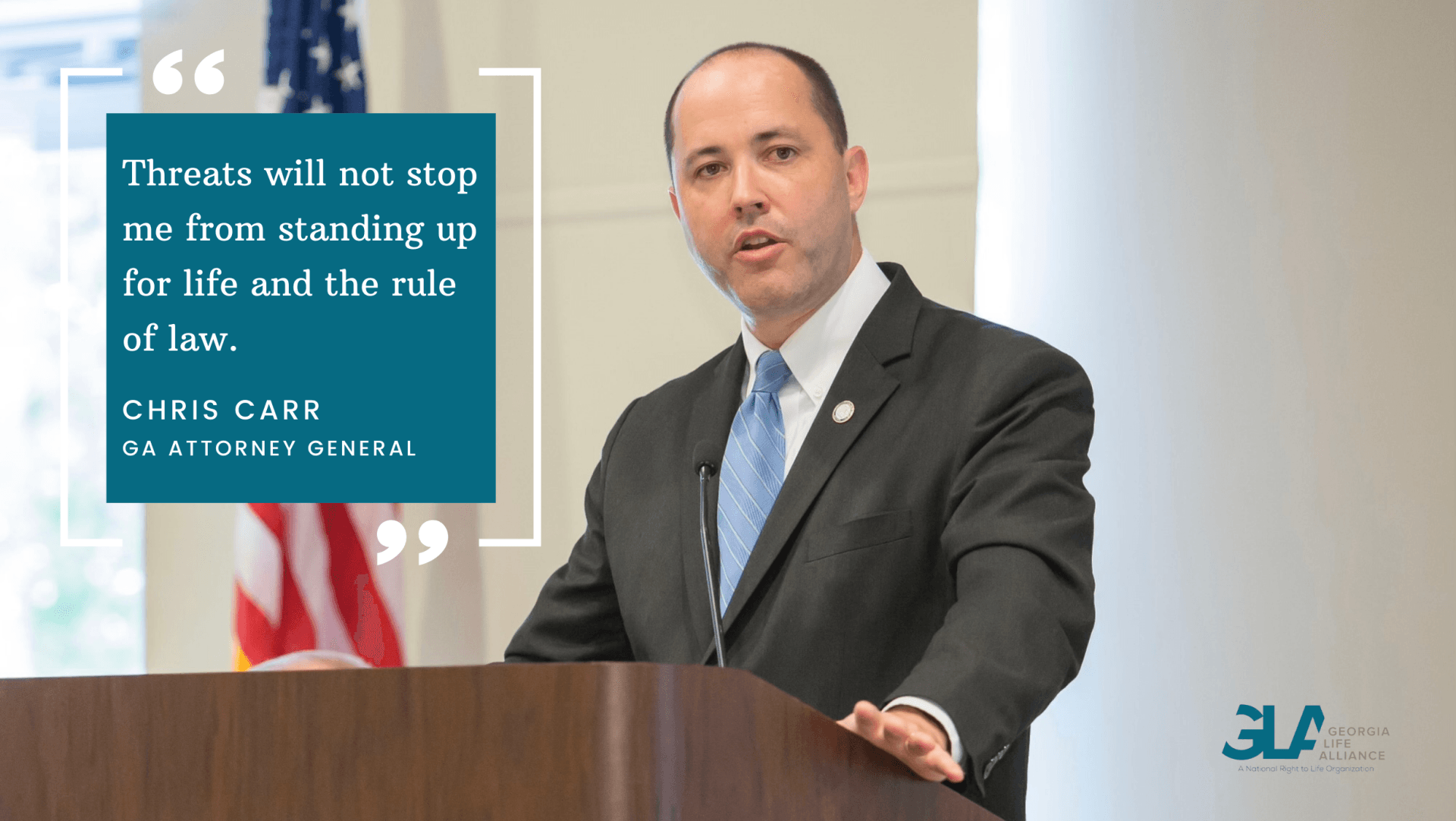(Updated April 27, 2023 from original post on Jul 19, 2016)
When abortion was legalized in the U.S. in 1973, for any reason and throughout all nine months of pregnancy, the one limiting factor was the availability of physicians willing to perform the procedure. Despite identifying themselves as “pro-choice”, most physicians had a distaste for actually participating in the procedure. Those who did perform abortions (about 7% of Ob-Gyns) were marginalized by the medical community. As a result, abortion clinics had to import abortionists, even from other states. For decades, research was done to provide a non-surgical way to abort a baby.
In 2000, the Food and Drug Administration (FDA), under President Clinton, gave an expedited approval of mifepristone for abortions up to 49 days from the first day of the LMP. It was approved with restricted access called a "risk evaluation mitigation strategy" or REMS, which meant the drug had to be prescribed and dispensed in-person in a clinic, medical office, or hospital by a physician; there had to be a written disclosure of side effects; and a pelvic ultrasound and gynecological exam needed to be performed to rule out an ectopic pregnancy, along with a hemoglobin and blood screen for the Rh factor (RhD). The first drug would then be dispensed to the patient and taken while in the clinic or medical setting. The patient would return 48 hours later to receive the second drug, misoprostol. A return visit two weeks later was done to confirm a complete abortion by ultrasound or exam.
Mifepristone is a selective progesterone receptor modulator that binds to the progesterone receptor with an affinity greater than progesterone itself without activating the receptor, thus preventing the normal progesterone support of the pregnancy. It acts as an anti-progestin, causing decidual necrosis, resulting in the separation of the decidua from the trophoblast and death of the embryo/fetus. It also causes softening of the cervix and increased uterine contractility. Given alone up to 49 days from the first day of the woman's last menstrual period (LMP), this drug results in a complete abortion in only 60 to 80% of cases. To complete the abortion, misoprostol, a prostaglandin E1 analogue, is given 24 to 48 hours later to facilitate uterine contractions and empty the uterus. It has been formally approved by the FDA for this purpose in abortions, though it was originally used for gastric ulcers under the name Cytotec® (Pfizer).
There are absolute contraindications to a chemical abortion, including an ectopic pregnancy, as its administration to the woman would rupture the ectopic and cause internal, possibly fatal bleeding. The risk of blood transfusion is 10 times greater with a chemical abortion than for a surgical abortion and overall complications are 4 times that of a surgical abortion. Side effects of the drugs include bleeding, severe cramping, infection, nausea (43-66%), vomiting (23-40%), diarrhea (23-35%), headache (13-40%), chills and fever (32-69%) and incomplete abortion (6%). As of 2022, over 4,200 adverse effects have been voluntarily reported to the FDA with 28 maternal deaths and 97 ectopic pregnancies. Since 2016, only maternal deaths from medical abortions are reportable. Emergency rooms (ERs) are not required to report complications from abortions and women are instructed to tell ER personnel they are having a "miscarriage".
About 3% of women who take this combination have to have a dilation and evacuation (D&E) because of bleeding and incomplete passage of tissue. It should be kept in mind that the reporting of complications from abortion in the U.S. is voluntary with several states never reporting them, including California, our largest state. Despite being handed a few pills for the woman to take herself and to abort at home, the cost of a medical abortion is comparable to a surgical abortion, $300-$500. If a woman experiences complications from either procedure, the abortion clinic does not provide follow-up care or admission to the hospital.
Medical abortions have expanded the number of abortions in the U.S. and the world. By 2011 they accounted for 36% of abortions before 9 weeks in the U.S and now it is 56% of all abortions. Since 2000, it is estimated that 5.6 million women have had a medical abortion in the U.S. With a medical abortion, the woman can choose to have an abortion on impulse, she can drive herself to the clinic and back home without anyone's knowledge, including the father of the child. Over the next 9 to 16 days, she will experience severe cramping and heavy bleeding especially when she passes the baby and placenta. Medical abortions cause more bleeding than surgical abortions and the further along she is in pregnancy, the greater the bleeding and the more likely she will also need a D&E.
In March of 2016, the FDA approved medical abortions up to 70 days from the first day of the last menstrual period using mifepristone 200 mg orally in the clinic, under a “certified healthcare provider.” It is followed in 24-48 hours by 800 mcg of misoprostol taken buccally. Medical abortions do not require a physician, only that it be “dispensed in clinics, medical offices, and hospitals by or under the supervision of a certified healthcare provider.” Spontaneous miscarriages at 70 days are associated much more commonly with heavy bleeding and incomplete passage of the placenta.
Telemedicine for chemical abortion was vastly expanded in April of 2021. The Supreme Court ruled in January of 2021, that a woman had to be seen in-person to receive the drugs for an abortion, despite attempts to overrule the FDA and dispense the drugs online and by mail. However, under the Biden administration, claiming increased risk of in-person visits to a woman of childbearing age in a pandemic, that FDA rule was permanently lifted, allowing women seeking an abortion to do so without ever seeing a physician in-person. This greatly expanded the reach of abortionists to cover women and girls in multiple states, thus fulfilling the promise of the new administration to expand abortion. This also expanded the use of these drugs in later gestational ages, in minor girls and in sex trafficking.
Some women change their minds after taking the first abortion pill. Through the website www.AbortionPillReversal.com, developed by Dr. George Delgado and now under Heartbeat International, patients are put in touch with a physician who will help them stop their medical abortion. After verifying the baby is still alive, the woman is started on a protocol of high dose natural progesterone to counter the effect of the mifepristone. Mifepristone does not cause fetal abnormalities, but if the second drug has been taken, the pregnancy cannot be saved and misoprostol causes fetal anomalies. So far, about 60% of the abortions have been reversed at the request of the mother. Even if the abortion cannot be stopped, these women encounter caring physicians who treat them with respect and concern for their unborn child. These physicians adhere to the Hippocratic Oath, written in the 5th century B.C. by Hippocrates, a Greek physician and the Father of Western medicine. Sadly, it is no longer administered to medical students at graduation. The oath states “I will use treatment to help the sick according to my ability and judgment, but never with a view to injury and wrong-doing. Neither will I administer a poison to anybody when asked to do so, nor will I suggest such a course. Similarly I will not give to a woman a pessary to cause abortion.” If only physicians and all healthcare providers returned to the principles of the Hippocratic Oath.
Pro-abortion groups, including Planned Parenthood, many of the mainstream medical organizations and the Biden administration, want to overturn all the laws protecting women and their unborn children from abortion by 1) deregulating self-managed abortion through mail-order medical abortion; 2) deprioritizing enforcement of abortion restrictions; 3) regulating the abortion industry’s only competition, pro-life medical pregnancy centers; and 4) devaluing religious liberty by conflating abortion with religious expression, stating their religion gives them the "right" to have an abortion. It is a monumental task to help the general public realize that the unborn are human beings like each of us. Their mothers deserve the right to carry them to term and these children deserve the right to life.
Dr. Kathleen Raviele is a board-certified ob-gyn in the private practice of gynecology in the Atlanta area. She is a revert to the Catholic faith and has been an NFP-only gynecologist since 1991. She is certified to teach four methods of NFP and helped develop the Marquette Method of NFP. She is a past president of the Catholic Medical Association, She is a past president of the Catholic Medical Association, their consultant to the USCCB Committee on Pro-Life Activities, a member of the American Association of Pro-Life Ob-Gyns and she serves on the board of Georgia Life Alliance.
A part of the GLA Medical Alliance, Dr. Raviele has advised Georgia Life Alliance on issues related to her profession since early 2015.













